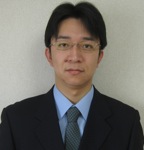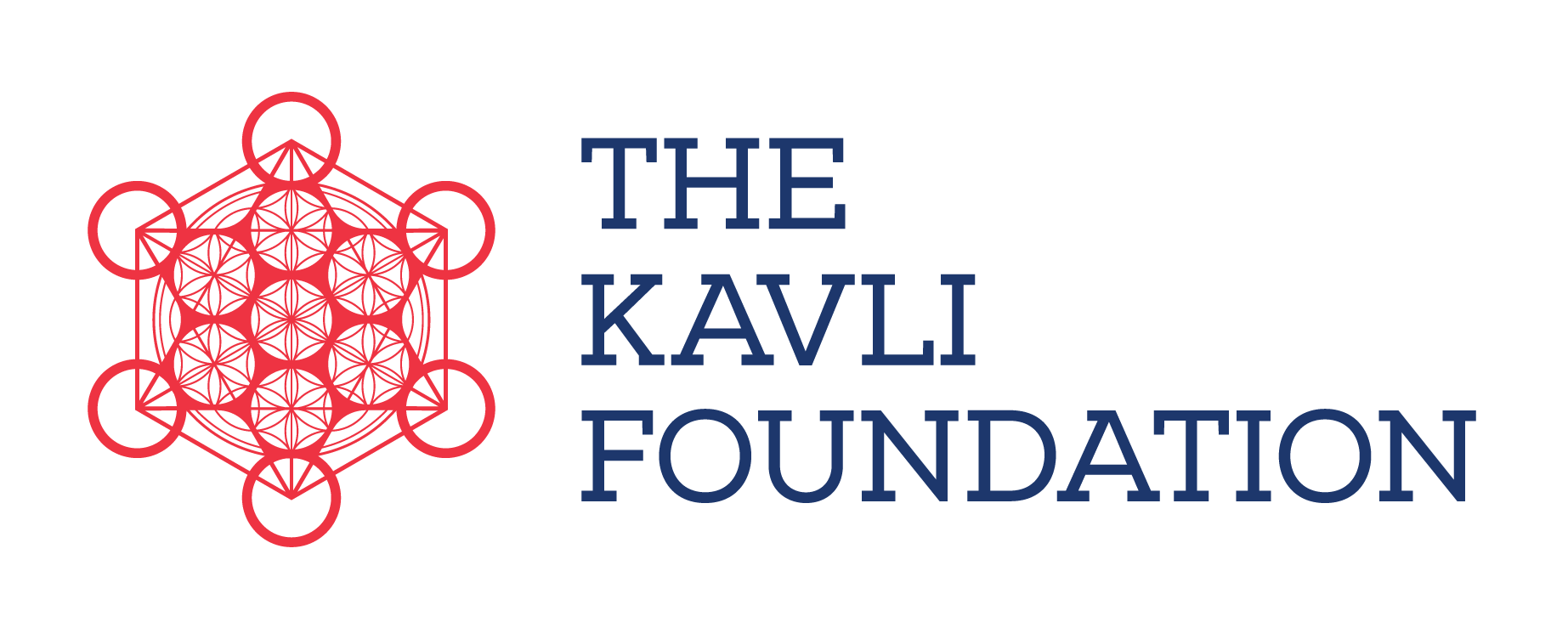March 27, 2008
Institute for the Physics and Mathematics of the Universe (IPMU)
Astronomer Award. The announcement came in March 26th. This award, consisting of a medal and 100,000 yen, is given to scientists under the age of 35 who made important contribution to astronomy during the past 5 years.

More than 80% of the universe's mass is made up of mysterious matter that are not directly visible, and therefore called "Dark Matter". Takada developed a theoretical framework for "seeing" it, and succeeded to actually "see" the Dark Matter using Subaru Telescope and other instruments. His observation, not only confirmed that the dark matter is indeed present in large quantity among the groups of galaxies, but also has quantitatively determinend for the first time that the dark matter is distributed not in spherical shape but rather in ellipsoidal shape and its density decreases as the distance from the ceter increases as one would have expected. This observation experimentally confirms recent theoretical predictions.
His method for observing the dark matter is not to see the dark matter directly. Einstein's theory of general relativity says light is also pulled by the gravity just as any audinary material. Light traveling from a distant galaxy behind the group of galaxies gets bent by the gravity of the dark matter in the group of galaxies. This causes the image of the distant galaxy to look distorted, somewhat similar to a case where letters you see through the edge of magnifying glass look distorted. This effect is called "gravitational lensing effect" because the group of galaxies work as a lense for light from the distant galaxy behind them. Takada looked into this phenomena making a systematic investigation, and succeeded to determine how the dark matter is distributed among the group of galaxies. He could "measure" distribution of the dark matter from the center to the outer rim of the group of galaxies. This was made possible because his method was much more precise compared to other similar studies. The result brought him the ASJ Young Astronomer Award.
The IPMU, which was established at the University of Tokyo as one of the World Premier International Research Centers on August 1st 2007, aims to address deep mysteries of the universe by integrating the knowledge of mathematics, physics, and astronomy. Resolving the mysteries of dark matter and dark energy is one of our main goal. The new institute uses English as the official language. It brings top-level scientists including from abroad and provides an excellent and international research environment. Takada was courageous enough to make up his mind soon after the startup of IPMU to leave a permanent position at Tohoku University for taking a 10 year-term project associate professor position at IPMU. He joined us in March 1st. Takada is enthusiastic saying "I am convinced, and this award helped, that it is possible to resolve this invisible mystery of the universe by the use of science that we human beings posess. I hope to continue to work on the dark side of the universe". Murayama was happy about the award and said "We must depend on young power with flexible brain in order to make a breakthrough in this field. This award affirms our course of action". Takada spent his postdoc years at the University of Pennsylvania where he enjoyed an American atmosphere that provides maximum encouragement to the bright talents regardless of their ages or ranks. He returned to Japan with this atmosphere.
The World Premier International Research Center Initiative (WPI) selected five proposals in 2007 including the University of Tokyo. The Kyoto University's Institute for Integrated Cell-Material Sciences, where professor Yamanaka is well known worldwide for his recent work on iPS cell, is one of the five centers. Sadanori Okamura, a member of the University Board in charge of research and a university vice president, says "This announcement is one of the series of good news for scientists at the WPI institutes. It is important that the institues stimulate each other and aim the very top in the world."






